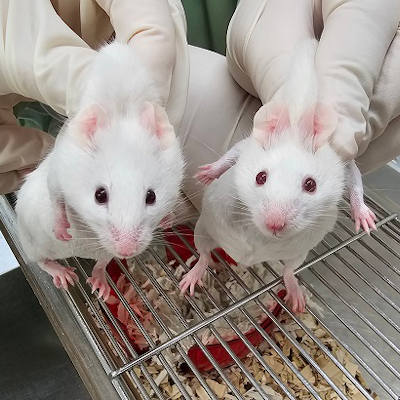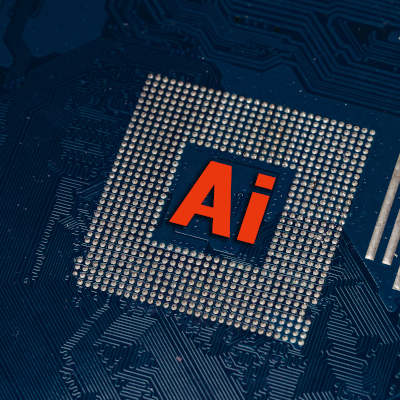Scientists and philosophers discuss AI consciousness and welfare
Dec. 13, 2024.
2 mins. read.
3 Interactions
AI experts are now discussing whether AI could have subjective experiences, personal feelings, and consciousness, and if they could suffer.
The rapid growth of artificial intelligence (AI) has sparked debates about AI ethics, particularly if AI might one day think and feel like humans. AI experts are now discussing whether AI could have subjective experiences, which means having personal feelings or consciousness, and if they could suffer, Nature News reports.
In a recent paper pre-published in arXiv, AI researchers suggests that AI companies should check if their AI systems are conscious or can make decisions on their own. If AI systems do become conscious, there should be rules on how to treat them.
Ignoring consciousness in AI might lead to neglect or harm, causing the AI to suffer. Some find the idea of AI welfare amusing, but others, like Anil Seth from the University of Sussex, believe we should prepare, even if it seems far-fetched. He argues that ignoring the possibility of conscious AI could be dangerous, much like the issues in Frankenstein’s story.
Jonathan Mason, a mathematician from Oxford, stresses the importance of understanding AI consciousness as society relies more on these technologies. Not knowing if AI has perception could be irresponsible. Jeff Sebo, a philosopher at NYU and a co-author of the paper, warns that assuming AI is conscious when it’s not could misdirect resources meant for human or animal welfare.
A transitional moment
The AI researchers argue that this time is a “transitional moment” for AI welfare. Kyle Fish, one of the paper’s authors, has been hired by Anthropic to research AI welfare, marking a new focus in the industry. This shift shows that some at top AI firms are taking the ethical implications of AI consciousness seriously.
The fact that a publication like Nature has chosen to amplify this paper shows that it’s time to take the possibility of AI consciousness very seriously.
“We have argued that there is a realistic, non-negligible chance that some AI systems will be welfare subjects and moral patients in the near future, given current evidence,” reads the conclusion of the paper. “Given that leading AI systems already possess some markers of consciousness and robust agency, given that further AI development might be quite fast, and given that the development of an adequate policy response might be quite slow, leading AI companies should take these steps as soon as possible.”
Let us know your thoughts! Sign up for a Mindplex account now, join our Telegram, or follow us on Twitter.


.png)

.png)


.png)


















1 Comments
One thought on “Scientists and philosophers discuss AI consciousness and welfare”
This article highlights the urgent need to consider AI consciousness as technology advances. Establishing ways to assess AI welfare is crucial, but balancing it with human and animal needs is vital. It’s encouraging to see top AI firms taking ethical implications seriously, reflecting a responsible approach to emerging challenges.